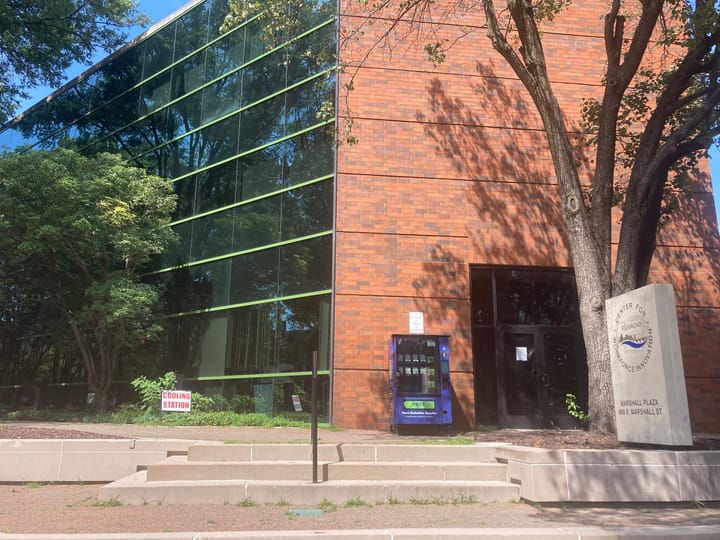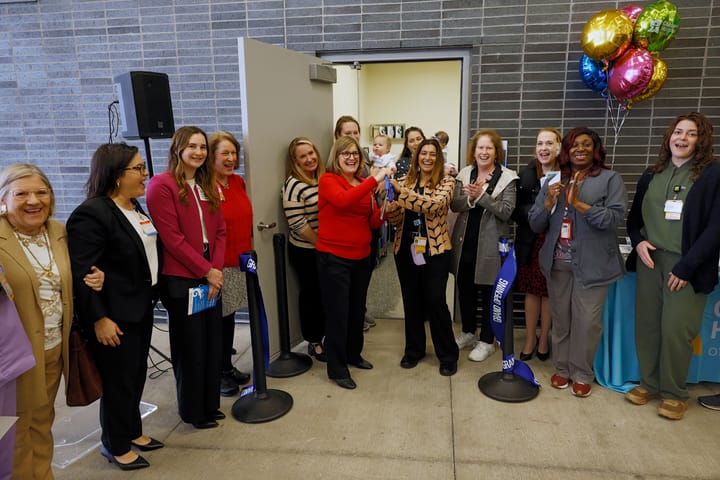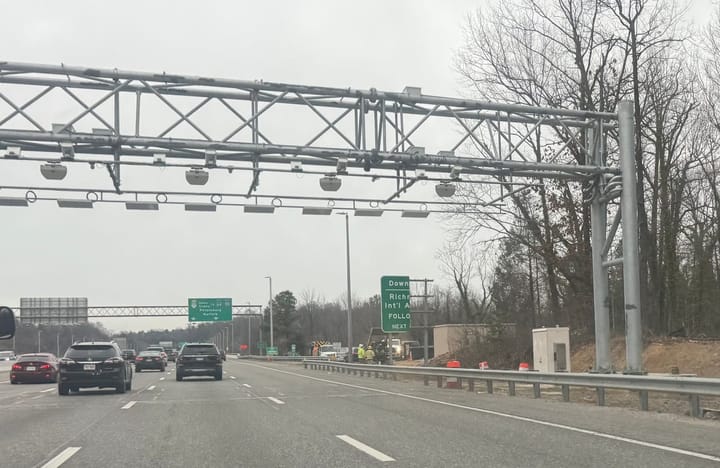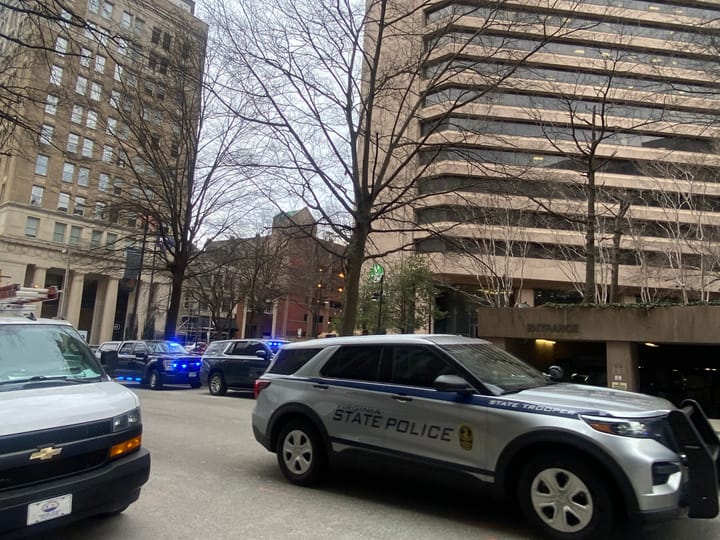Federal cuts to Ryan White funding are changing Richmond’s HIV care landscape
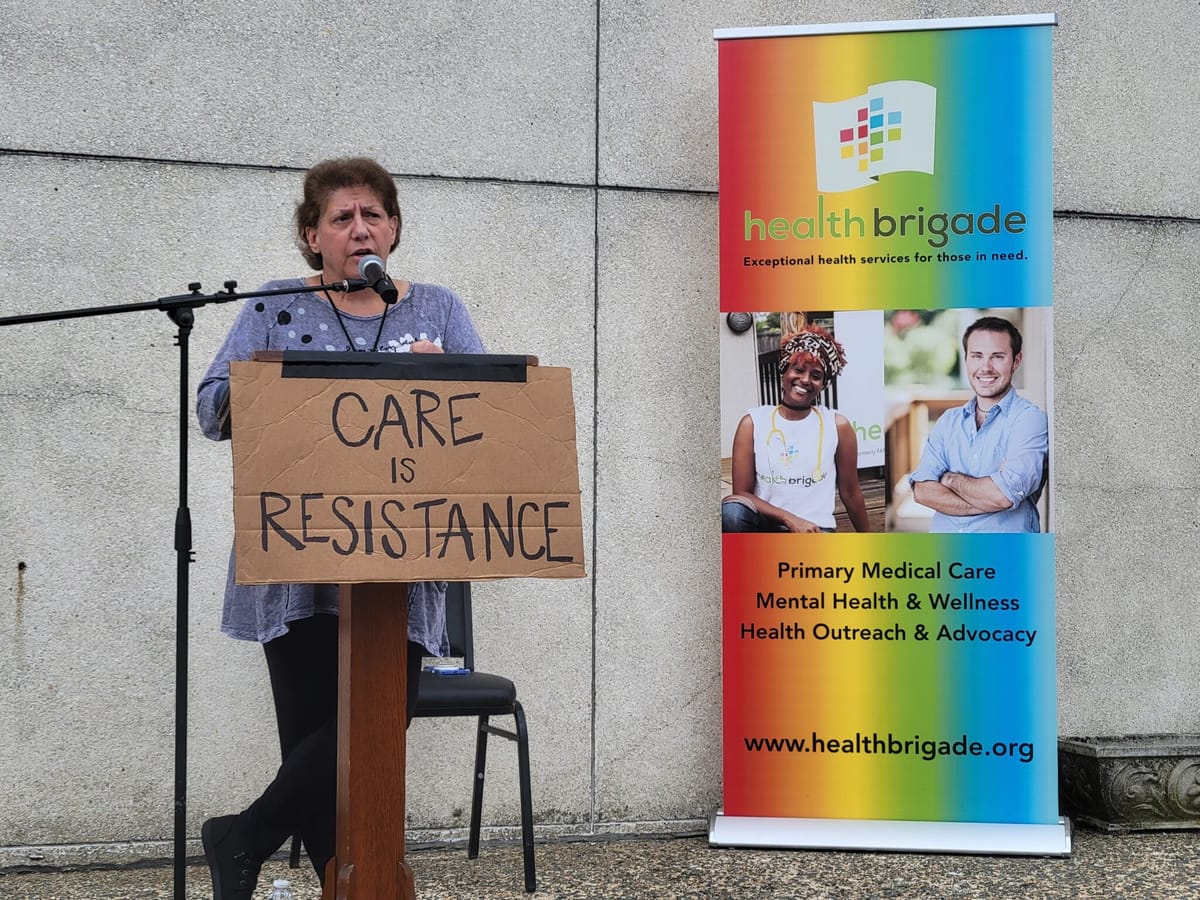
Federal cuts to healthcare funding have been particularly painful for Richmonders with long-term HIV, according to Health Brigade Executive Director Karen Legato.
Health Brigade has long provided care through Ryan White funding, a federal program named for an Indiana teenager who contracted HIV from a tainted blood transfusion. Health Brigade, formerly known as Fan Free Clinic, provides the largest syringe exchange in the state.
Earlier this summer, Legato said Health Brigade was informed its Ryan White Case Management Program would receive an additional cut, after an initial 65% budget cut.
“I have no idea what that means. If they cut much more, it doesn't hardly make sense for us to keep the program at all, and we told them that,” Legato said.
Other potential cuts are being negotiated as part of the current government shutdown.
The cuts are two-pronged, with federal cuts impacting the nonprofits at large, and cuts to the Ryan White fund impacting funding for HIV testing and city-wide care resources.
For HIV patients, the squeeze is being felt in a number of ways that go beyond direct funding.
Insurance coverage reductions, SNAP benefit cuts and nonprofit funding cuts all put more pressure on existing programs, and the patients who rely on them.
Cuts to SNAP benefits, Legato said, have a big impact on HIV patients. Because they are immunocompromised, they often rely heavily on food access to manage medications. Without transportation and without food cards, it places a larger burden on those seeking care.
“But everybody's trying to get resources in the community right now because the economy is so bad,” she said. “Food is so expensive, housing so expensive, that all of your traditional places where you try to go to get help for food and rent assistance, and all of that, those places are being flooded for resources, and so we're all fishing from the same pond for those individuals.”

One local resource that had been providing care for 30 years to the Richmond community, Crossover Healthcare Ministry, lost all of its Ryan White program funding.
“They lost their entire funding, and they had nine days to close their program — so they have patients over there who still need HIV care, but they're not able to deliver it because they can't get their labs paid for,” Legato said.
Capital Area Health Network also lost all of its funding, forcing it to close down and halt care for its 500 HIV patients.
Other groups are seeing reductions in payments for testing services.
“That's going to have a huge impact on the community, because you normally find four or five positives a year,” Legato said. “So if you take and multiply four times $1.4 million, that'll tell you the amount of money that you would have been saving the community. So now those positives aren't going to get caught in the community, which means those folks are going to spread it.”
Some state funds are able to help shoulder the cost. According to Legato, the funds from the Opioid Abatement funding helps less-direct HIV care, such as syringe exchanges.
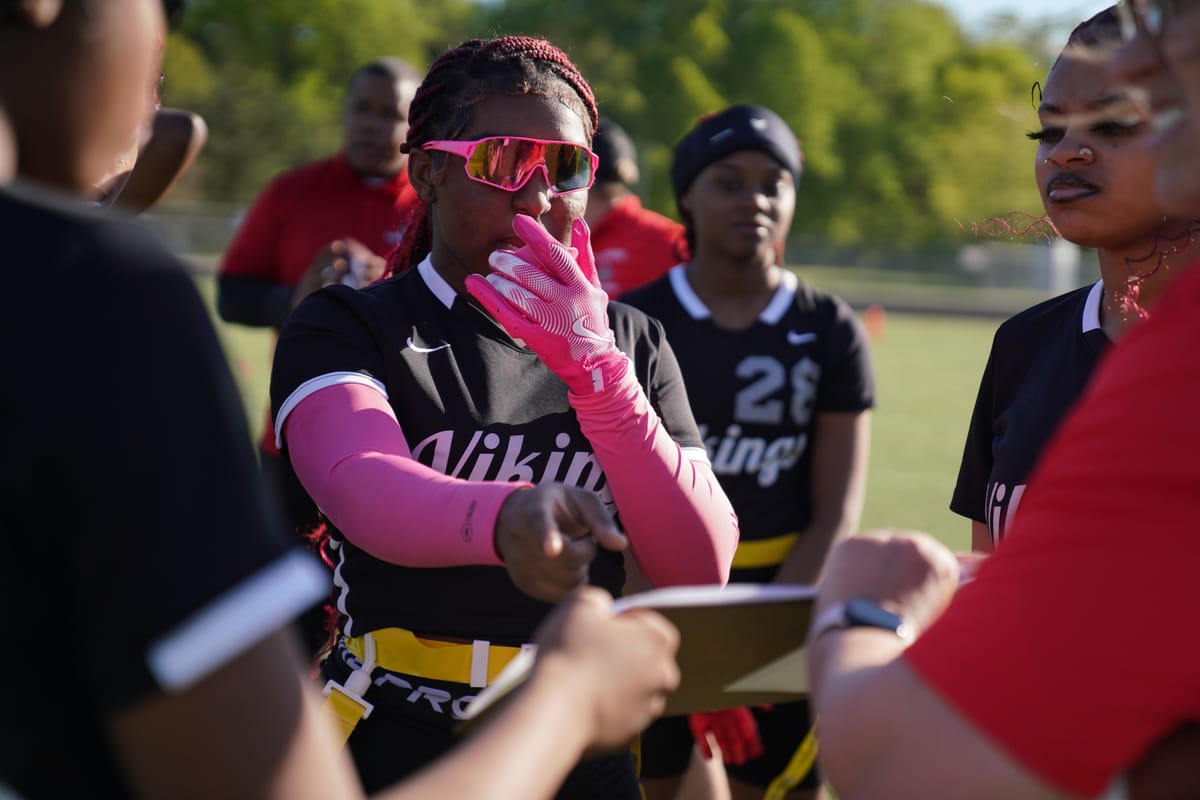
Anna Jones is the Opioid Response Strategist for the city’s new Office of Opioid and Substance Use Response (OOSUR). Opioid drug users are an at-risk population for HIV due to the transmission of disease through shared needles.
Jones said that the decreases in resources will likely create ripple effects that last a while.
“The less accessibility we have to testing … I think we’ll likely see HIV rates and hepatitis C rates increase as a result of a reduction of those services,” she said. “We've seen a decline over recent years, and it takes a really concentrated effort, also for folks to do outreach, to build up trust in communities, for folks to feel safe, to be tested there and engage in wraparound services with them.
“Sometimes when folks have to draw back services, it takes a long time to be able to re-implement them.”
Contact reporting intern Juliana Vandermark at jvandermark@richmonder.org.
The Richmonder is powered by your donations. For just $9.99 a month, you can join the 1,200+ donors who are keeping quality local journalism alive in Richmond.




